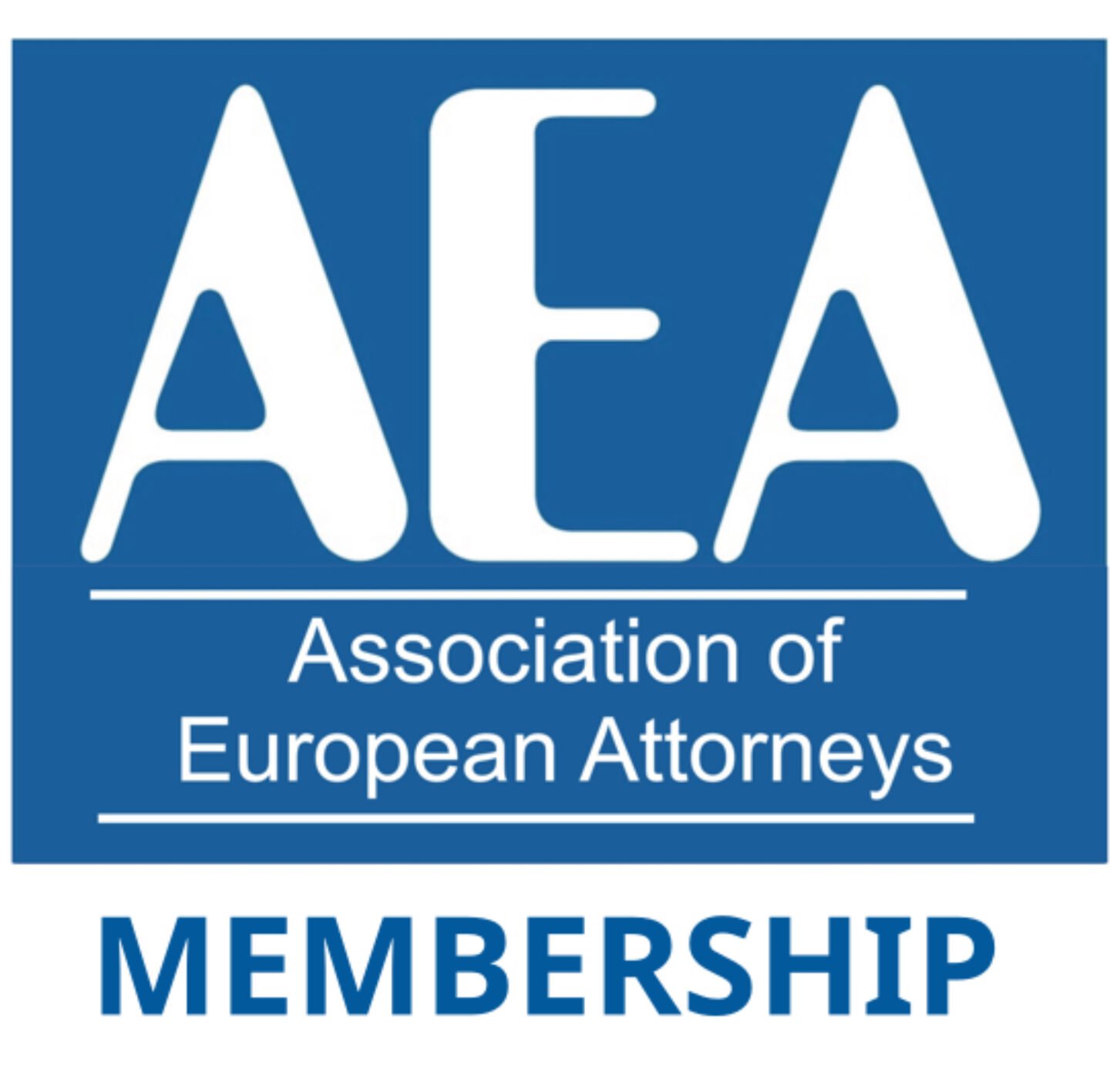Measures being trialled to prevent ‘parental alienation’ feature penalties including permanent loss of contact with child.
Divorcing parents could be denied contact with their children if they try to turn them against their former partner, under a “groundbreaking” process being trialled by the Children and Family Court Advisory and Support Service (Cafcass).
The phenomenon where one parent poisons their child against the other is known as parental alienation, the ultimate aim of which is to persuade the child to permanently exclude that parent from their life.
Cafcass said it had recently realised parental alienation occured in significant numbers of the 125,000 cases it dealt with each year.
Sarah Parsons, the assistant director of Cafcass, said: “We are increasingly recognising that parental alienation is a feature in many of our cases and have realised that it’s absolutely vital that we take the initiative. Our new approach is groundbreaking.”
The new approach will initially give parents the chance to change their behaviour with the help of intense therapy. Alienating parents who do not respond will not be allowed to have their children live with them.
In addition, contact between the parent and child could be restricted or refused for a number of months. In the most extreme cases, the alienating parent will be permanently banned from any contact with their child.
Parental alienation is estimated to be present in 11%-15% of divorces involving children, a figure thought to be increasing. Other research has found that about 1% of children and adolescents in North America experience parental alienation.
UK judges are increasingly recognising the phenomenon. One wrote about a case where she was forced to transfer residence to re-establish a relationship between a child and an alienated parent. “I regard parental manipulation of children, of which I distressingly see an enormous amount, as exceptionally harmful,” she said in her summary.
Parental alienation occurs on a spectrum from mild to extreme, all of which can be extremely damaging to the children involved. Experts admit they are only now beginning to understand the range of ways it manifests itself.
Read the full story on The Guardian website.
Family law practitioners have been recognising and trying to deal with this devastating divorcing parents situation on behalf of clients for many years but the family courts have struggled to deal with this issue. Cafcass are finally being issued with guidelines to alert them to when parental alienation is a feature of a private law case.
Brighton and Hove Law are delighted that some resources have now been directed at this difficult area. If you are affected by the issues in this article then please contact one of our family law specialists.












